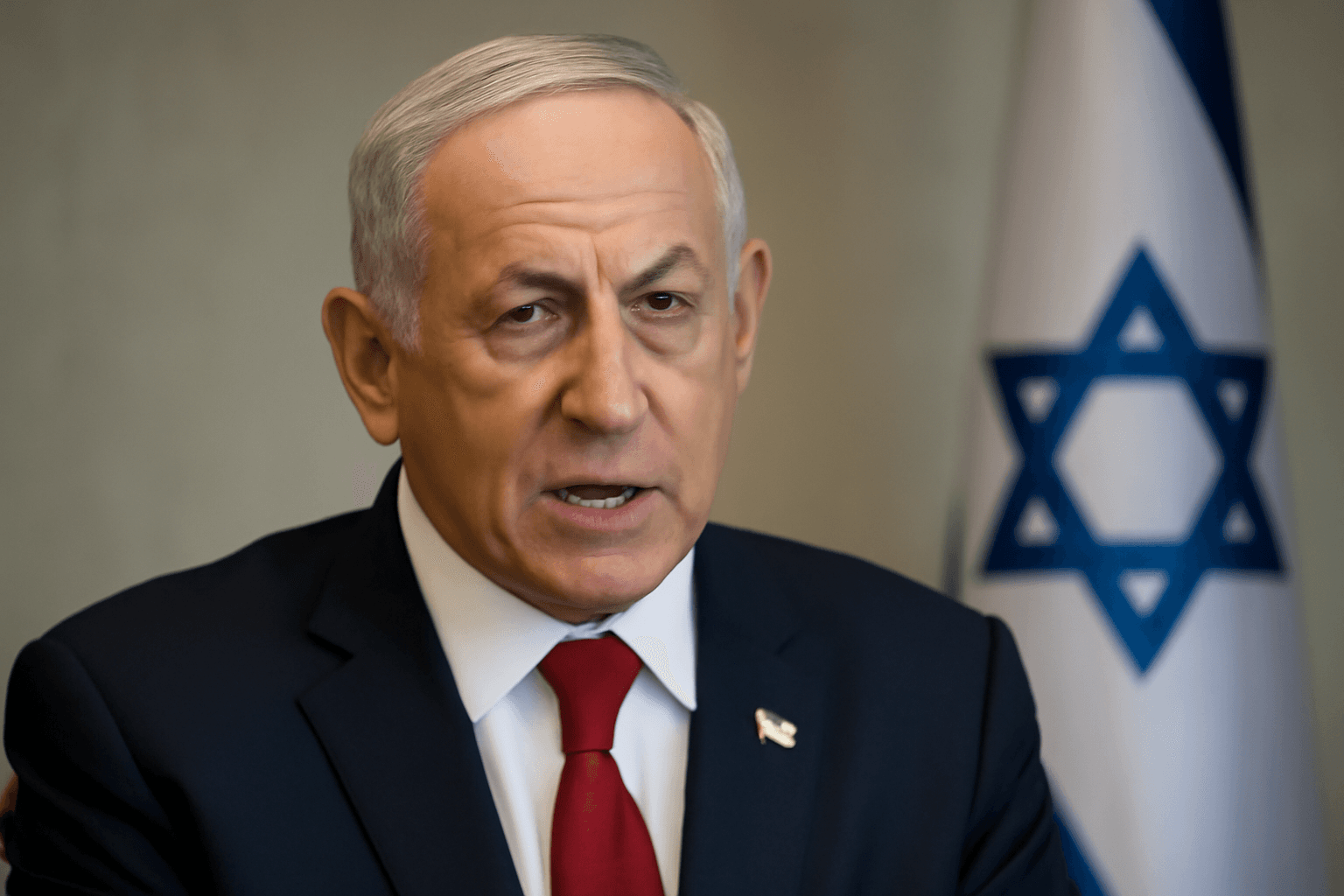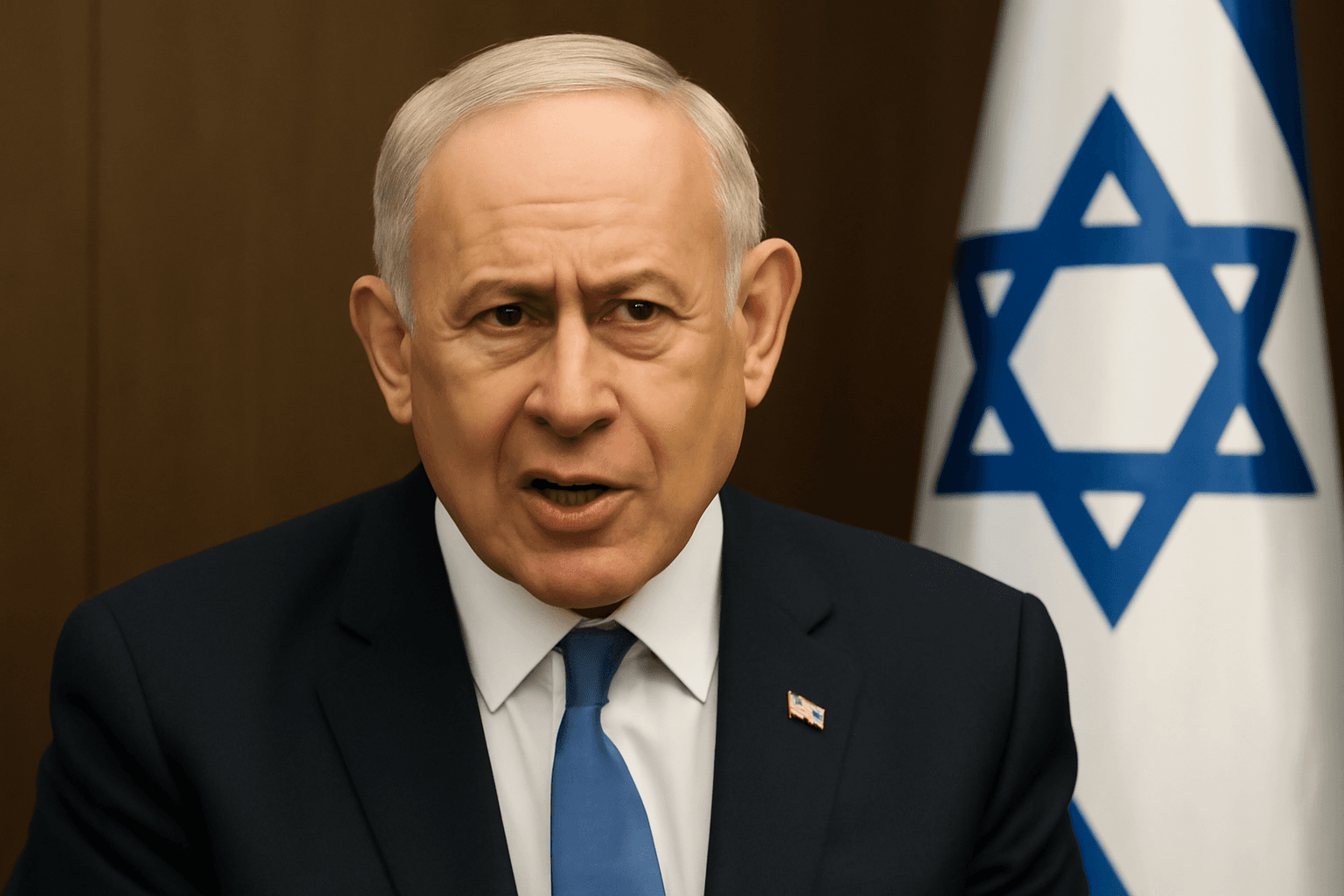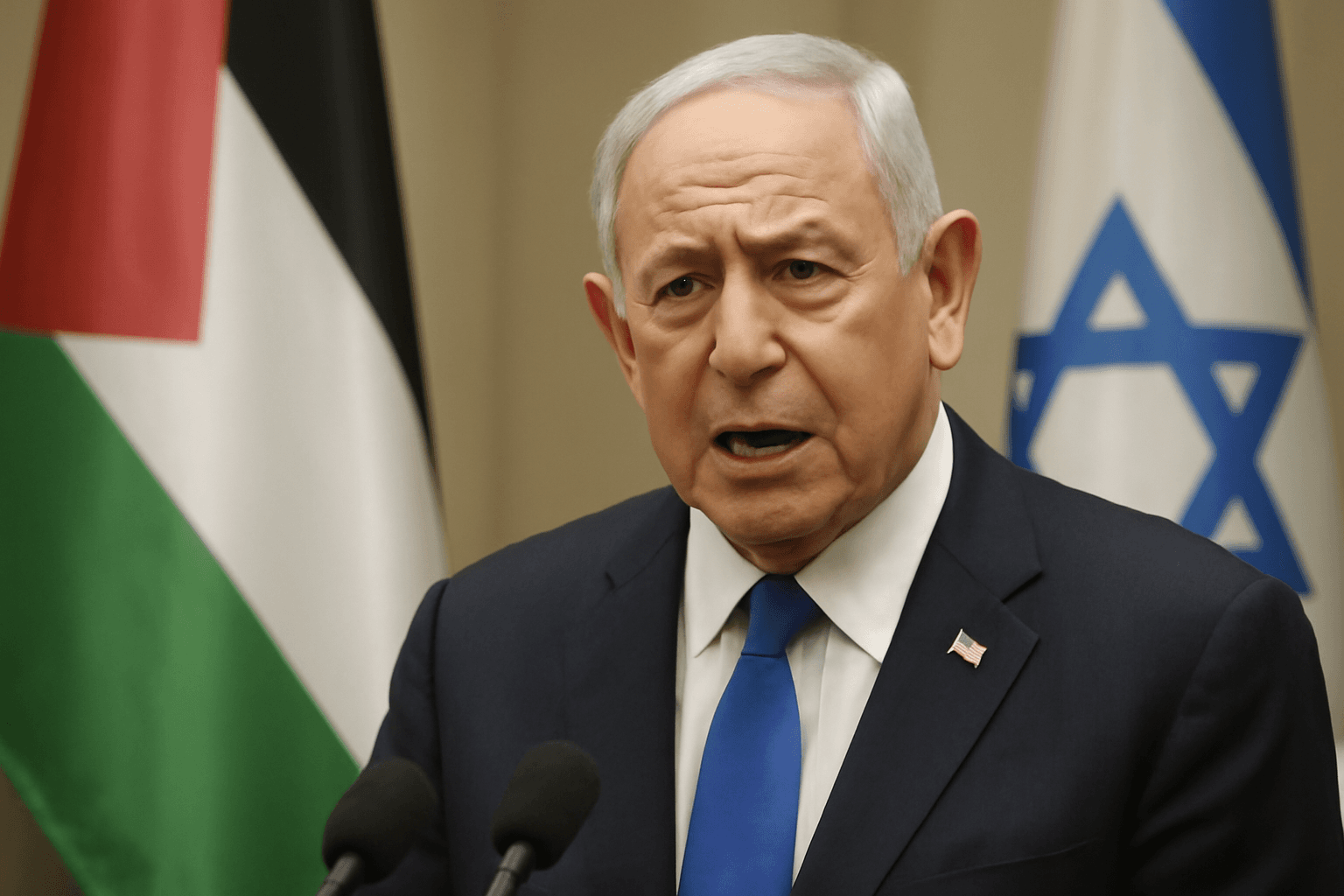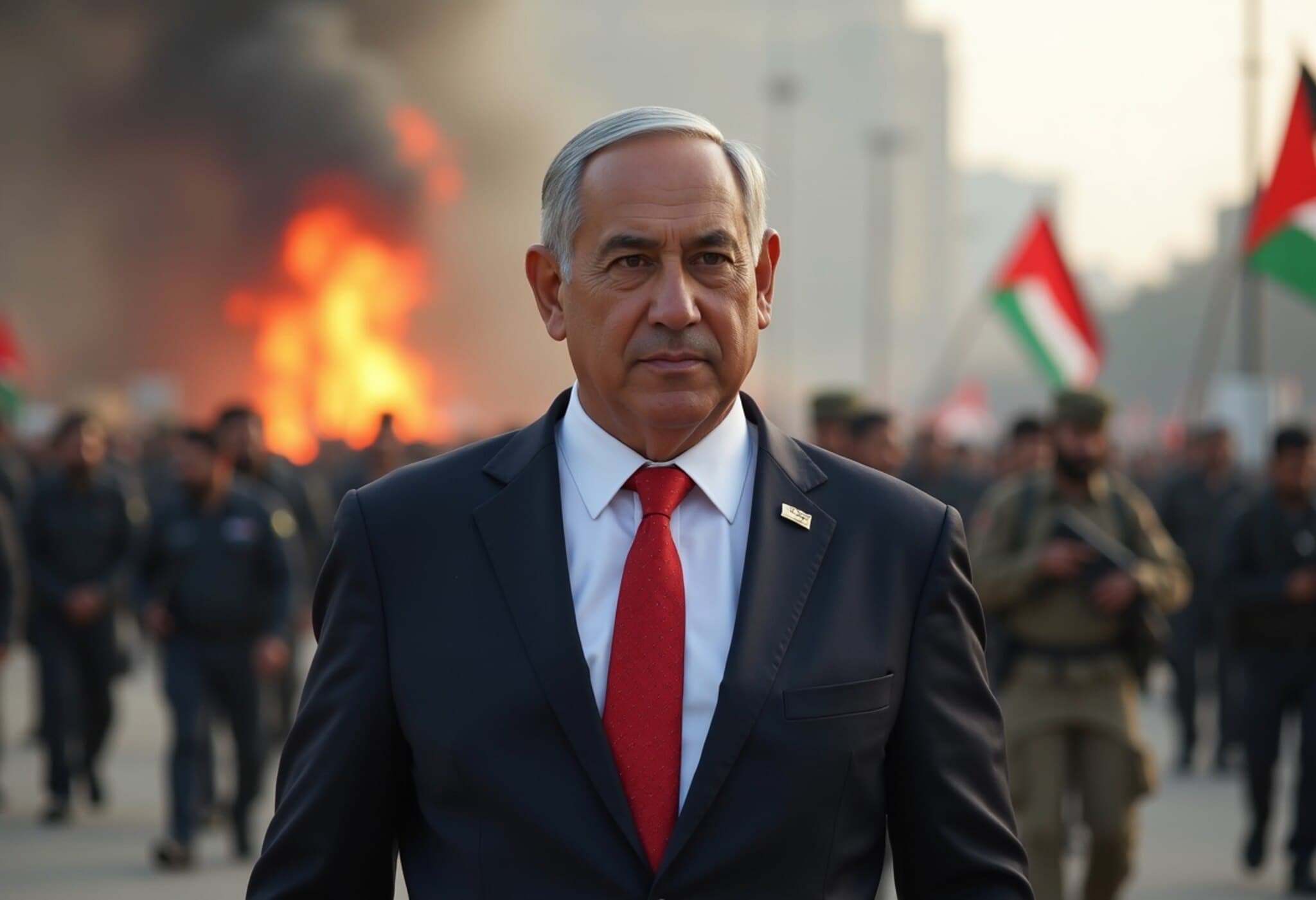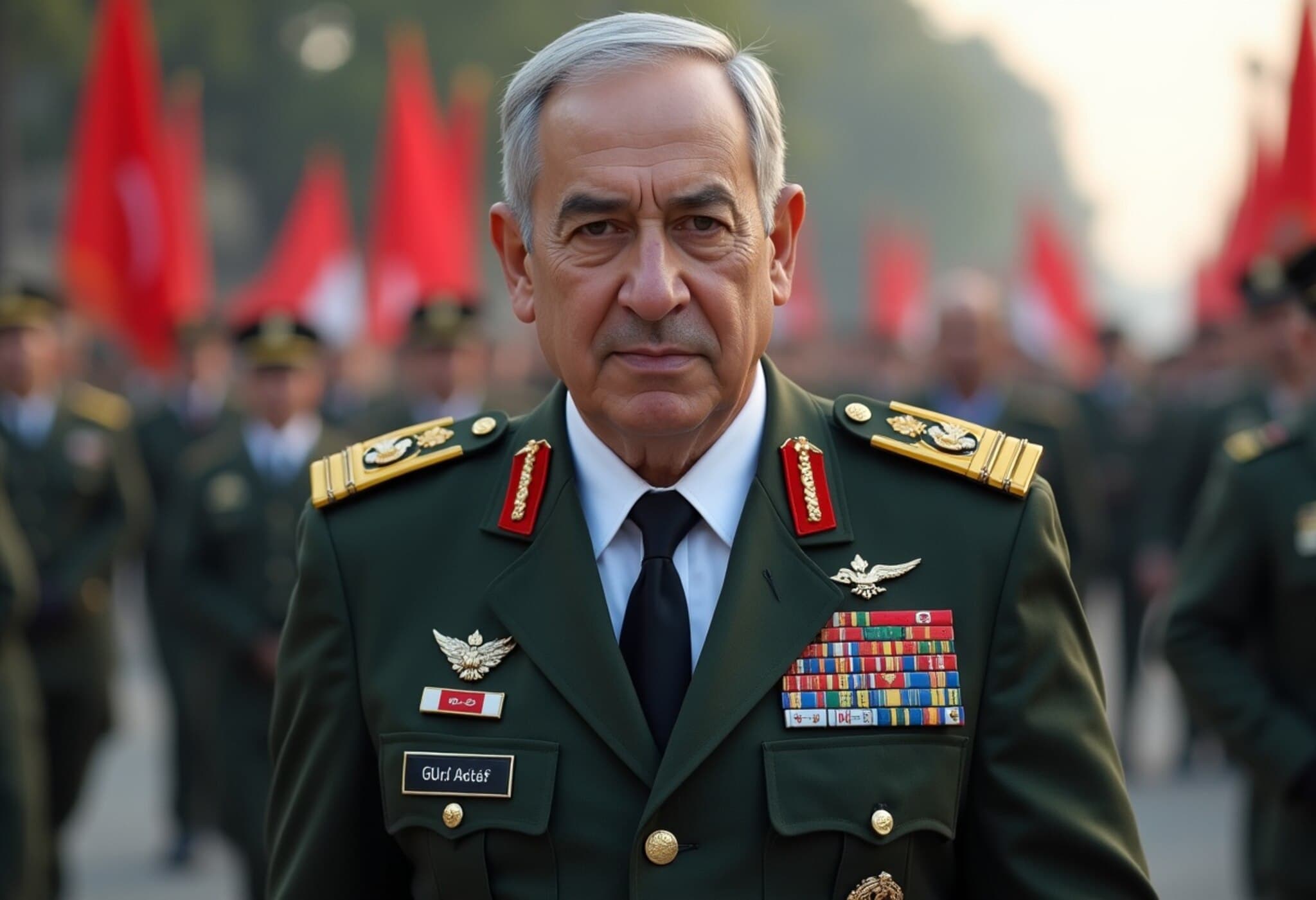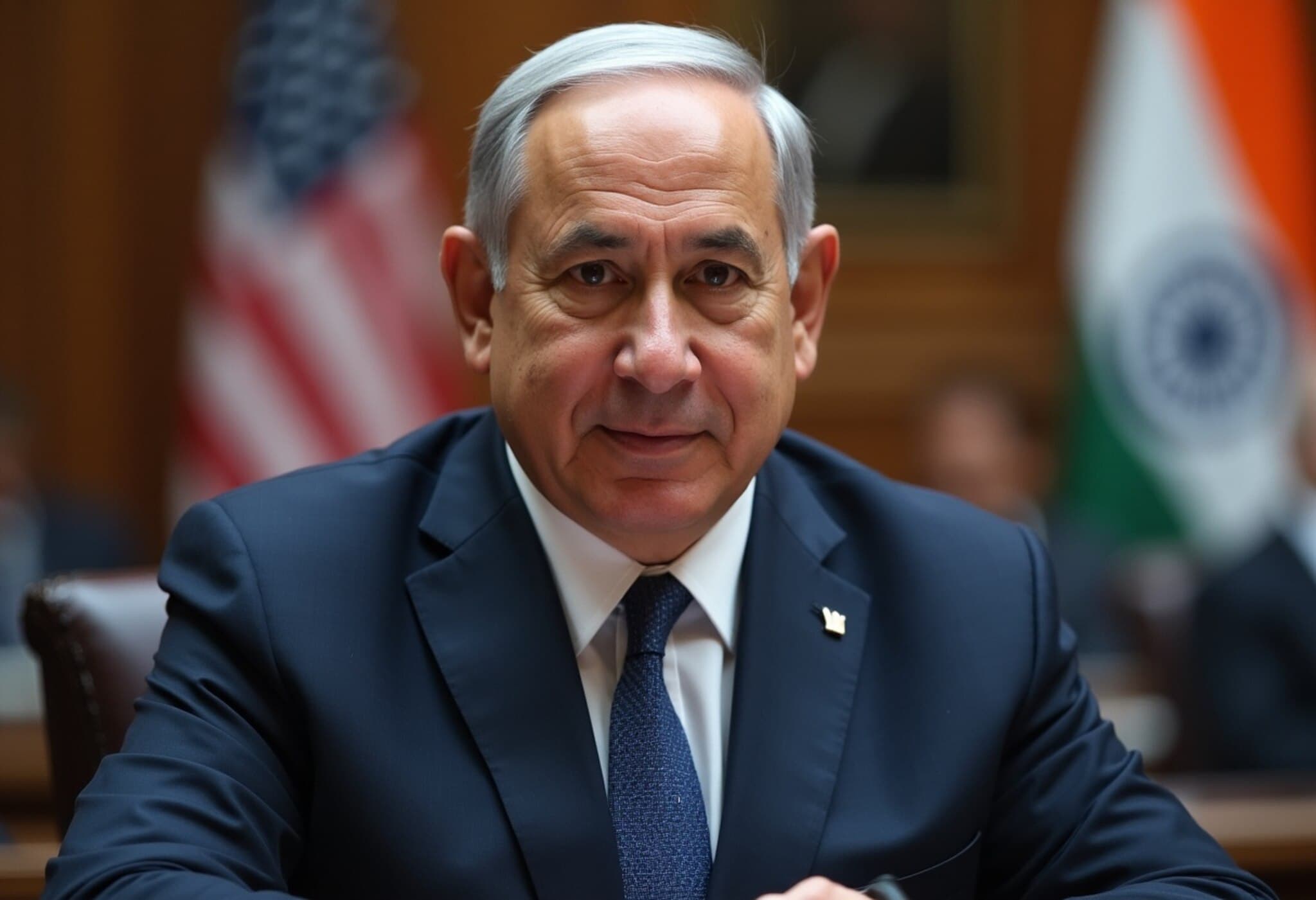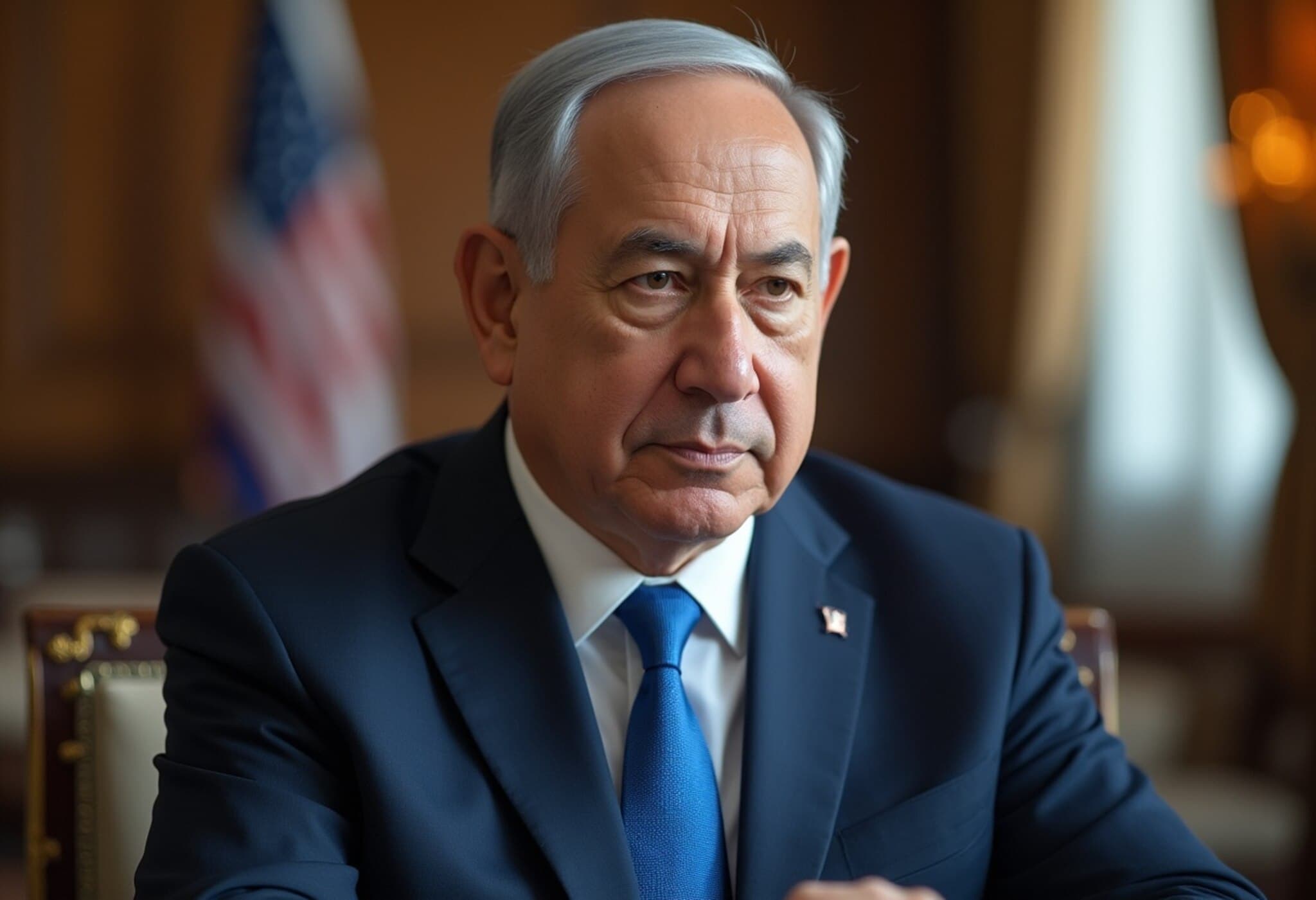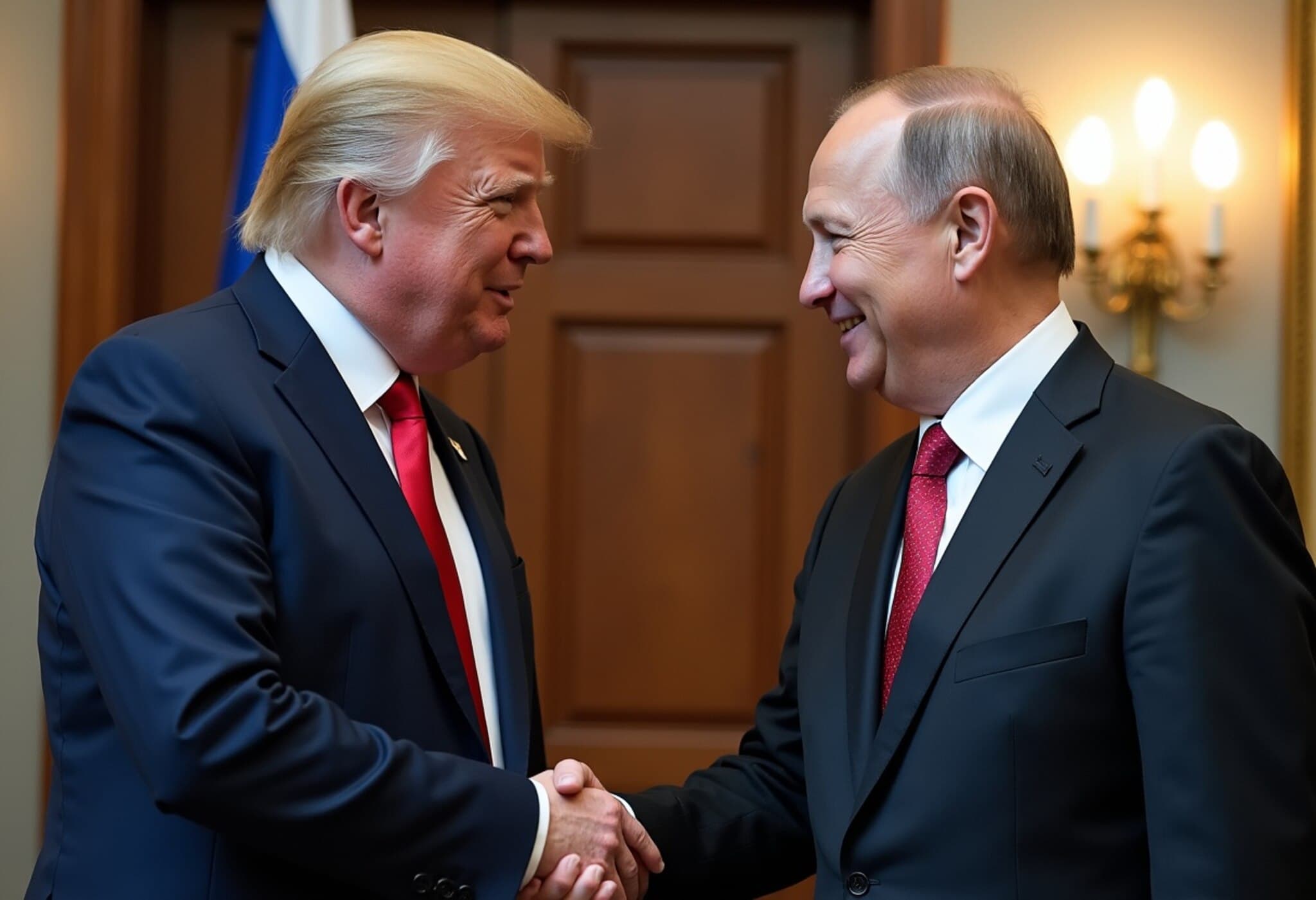Netanyahu’s Premature Rebuke: Analyzing Israel’s Criticism of Australia on Palestinian Recognition
In a bold and controversial statement, Israeli Prime Minister Benjamin Netanyahu harshly criticized Australia for a decision that, in reality, has not yet been taken: the formal recognition of a Palestinian state. His remarks, delivered at a recent press conference in London, not only took aim at Australia’s potential move but also injected fresh tension into the already complex geopolitical discourse surrounding the Israel-Palestine conflict.
The Context: Australia’s Pending Decision
Australia, under Prime Minister Anthony Albanese, has been publicly contemplating recognition of Palestinian statehood, aligning with moves made by various European nations. However, no official policy decision has been finalized as the Australian government prepares to voice its position at the United Nations next month. Despite this, Netanyahu’s remarks presumed the outcome, labeling such recognition "shameful" and criticizing the anticipated stance.
This premature condemnation has stirred debate within Australia’s domestic political landscape, where opposition parties, notably the Liberal-National Coalition, have sided with Netanyahu’s perspective, casting Albanese’s government as misguided. Meanwhile, major media outlets have amplified this tension, reflecting the polarized sentiments on the issue.
Provocation and Its Political Ripples
- Direct Confrontation: Netanyahu drew provocative parallels between Israel’s military actions in Gaza and hypothetical terror attacks on Australian cities like Sydney and Melbourne, implying justification for Israel's forceful response.
- Question of Diplomacy: His refusal to soften his language or acknowledge the nuances of Australia’s deliberations has been viewed as deliberately inflammatory, risking alienation of a potentially critical international ally.
- Domestic Fallout: In Australia, Netanyahu’s blunt critique risks bolstering partisan divides, as the opposition capitalizes on it to challenge Albanese’s policy direction.
Underlying Issues: The Complexity of Palestinian Recognition
At the heart of the debate lies a slew of unresolved questions:
- Defining Statehood: What would a Palestinian state look like amid contested borders and ongoing conflict?
- Security Concerns: Can Palestinian governance, fragmented between Mahmoud Abbas’s West Bank authority and Hamas control in Gaza, commit to peaceful coexistence?
- International Preconditions: Western leaders emphasize recognition hinges on accepting Israel’s right to exist and ensuring security, criteria yet to be fully guaranteed.
While leaders like Albanese have engaged with Palestinian Authority President Mahmoud Abbas, whose moderate stance suggests a pathway to stability, the grassroots realities—marked by decades of violence, civilian casualties, and political fragmentation—complicate the narrative.
Expert Insight: Navigating a Diplomatic Tightrope
From an American policy analyst’s standpoint, Australia’s contemplation of Palestinian recognition reflects a broader shift in Western diplomatic strategies aimed at rebalancing support amid intensifying conflict. The move is as much symbolic as strategic—signaling a desire to encourage peace talks while condemning violence.
However, Netanyahu’s confrontation underscores how such diplomatic gestures carry heavyweight implications. They touch on national security, historical grievances, and international alliances.
Moreover, the debate emphasizes the delicate balance democratic governments face between foreign policy ideals and domestic political pressures—compounded in Australia by polarized media portrayals and partisan alignments.
Looking Forward: Questions to Consider
- Will Australia formally recognise Palestinian statehood, and if so, under what conditions?
- How might Netanyahu’s comments influence Australia’s decision-making and broader international relations?
- What mechanisms exist to ensure that recognition advances peace rather than exacerbates conflict?
- How do domestic politics in democratic countries affect foreign policy, particularly on such volatile issues?
Editor’s Note
Benjamin Netanyahu’s sharp criticism of Australia illustrates the intense international sensitivity surrounding Palestinian state recognition. His remarks not only highlight the complexities of the Israel-Palestine conflict but also reveal how global diplomatic moves reverberate within local political arenas. As Australia contemplates its position, the world watches closely. The coming weeks will be telling—whether diplomatic efforts will steer toward constructive engagement or further entrench division. Readers should consider the broader implications of recognition beyond symbolism, questioning how such decisions interact with the enduring realities on the ground.

